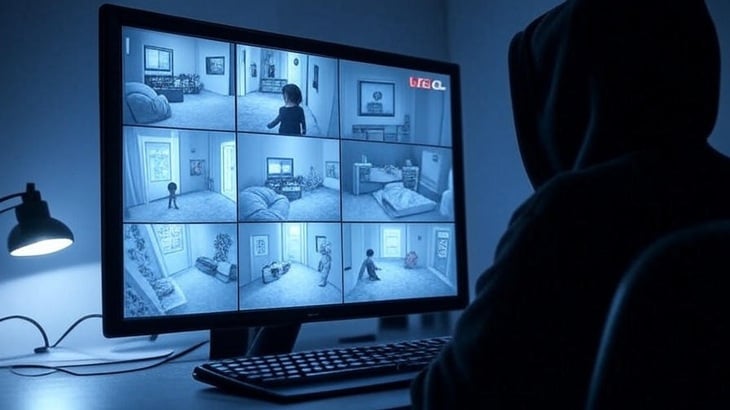
Bad guys can easily use personal images from cameras if users skip simple setup steps.
Surveillance cameras have become a common device in many Vietnamese families, from apartments to private homes. However, many people are still using cameras as a security tool without fully understanding the risks involved.
Why can indoor cameras be monitored by strangers?
Without any sophisticated tricks, many home camera systems are easily accessed simply because users skip the basic setup steps. Just a few small mistakes at the beginning are enough to open the way for bad guys to monitor activities in the house. The important thing is that most users are not aware of it.
Some common mistakes include leaving the default password, opening remote access without protection, or using cheap devices that do not have updated software. These are all loopholes that make the camera a 'back door' for strangers to break in. Hackers can easily scan and find thousands of these devices with just a few simple steps.
WiFi networks are also an easily overlooked link. If cameras are connected to the same network as other devices without a firewall or proper separation, unauthorized access is more likely. Many families also leave the network open or do not limit the number of devices connected, increasing the risk.
Camera hacked, unpredictable consequences
Unauthorized access to cameras is not only a matter of privacy being violated, but can also lead to serious consequences. Images of daily life, sometimes very private, are recorded and spread online without the owner knowing. Some people only discover it when the clip has spread everywhere.
Many criminals monitor the family's daily routines to find the time when they are not home and then break in to steal. More seriously, some victims are threatened and blackmailed with images from their own home cameras.
Simple but necessary things to make your camera safer
The first thing to do is to change the camera's default password. This is a basic but often overlooked step. Many users keep the password provided by the manufacturer, while this information is often shared publicly. The new password should be strong enough, including uppercase, lowercase, numbers and special characters. In particular, do not use the same password as other accounts, to avoid the risk of being discovered at the same time.
If you do not need to access the camera remotely over the network, you should completely disable this feature. Connecting from the Internet always has potential risks, especially when you do not know if the data is encrypted or not. In case you need to use it remotely, you should choose devices from manufacturers with clear brands and commit to regular security updates.
On the contrary, cheap cameras of unknown origin often pose great risks and are easily tampered with without the user knowing. If you are using a device of unknown manufacturer, it is best to replace it soon.
Additionally, it is recommended to configure a separate network for the camera system, separate from the WiFi used for phones or computers. This helps to minimize the risk of spreading if the device is hacked. If the camera is not used for a long time, users can cover the lens with a physical sticker. This is a simple and effective way to ensure that the camera does not operate silently without anyone noticing.
With just a few small adjustments to your habits, you can keep your surveillance device functioning as a security aid, rather than a vulnerability that bad guys can exploit. Whether it’s an indoor or outdoor camera, the key is to maintain absolute control. A camera is only truly secure if you’re the only one authorized to observe it.
Source: https://tuoitre.vn/nhung-dieu-can-lam-de-camera-nha-ban-khong-bi-ke-xau-xam-nhap-20250807164335731.htm




![[Photo] Cutting hills to make way for people to travel on route 14E that suffered landslides](https://vphoto.vietnam.vn/thumb/1200x675/vietnam/resource/IMAGE/2025/11/08/1762599969318_ndo_br_thiet-ke-chua-co-ten-2025-11-08t154639923-png.webp)



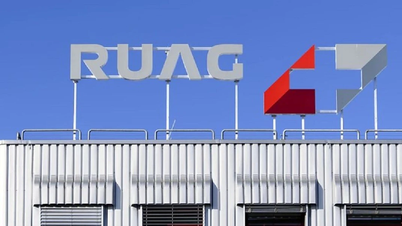

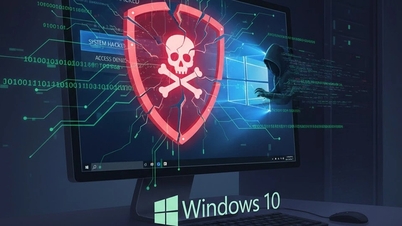

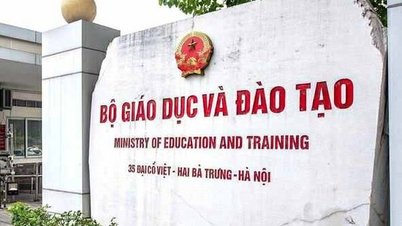
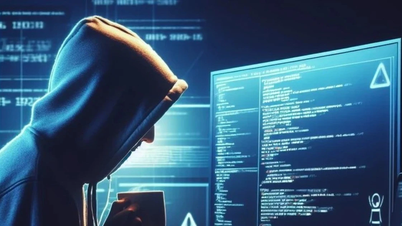
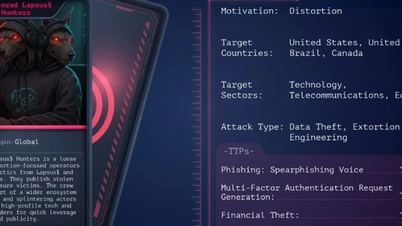
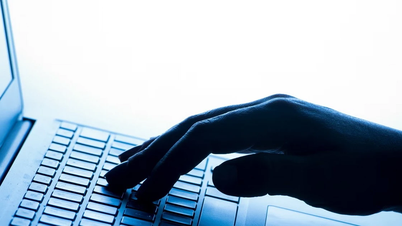







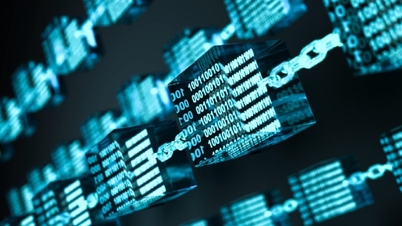


















![[Video] Hue Monuments reopen to welcome visitors](https://vphoto.vietnam.vn/thumb/402x226/vietnam/resource/IMAGE/2025/11/05/1762301089171_dung01-05-43-09still013-jpg.webp)













































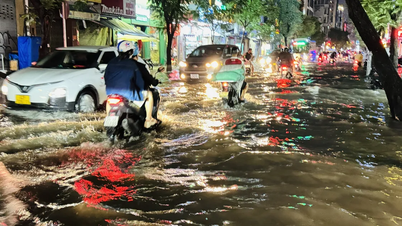

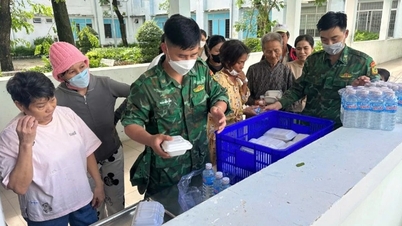


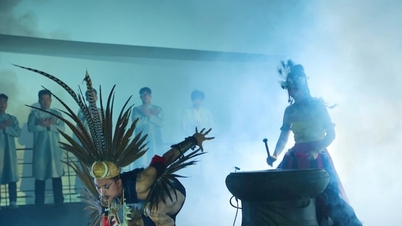











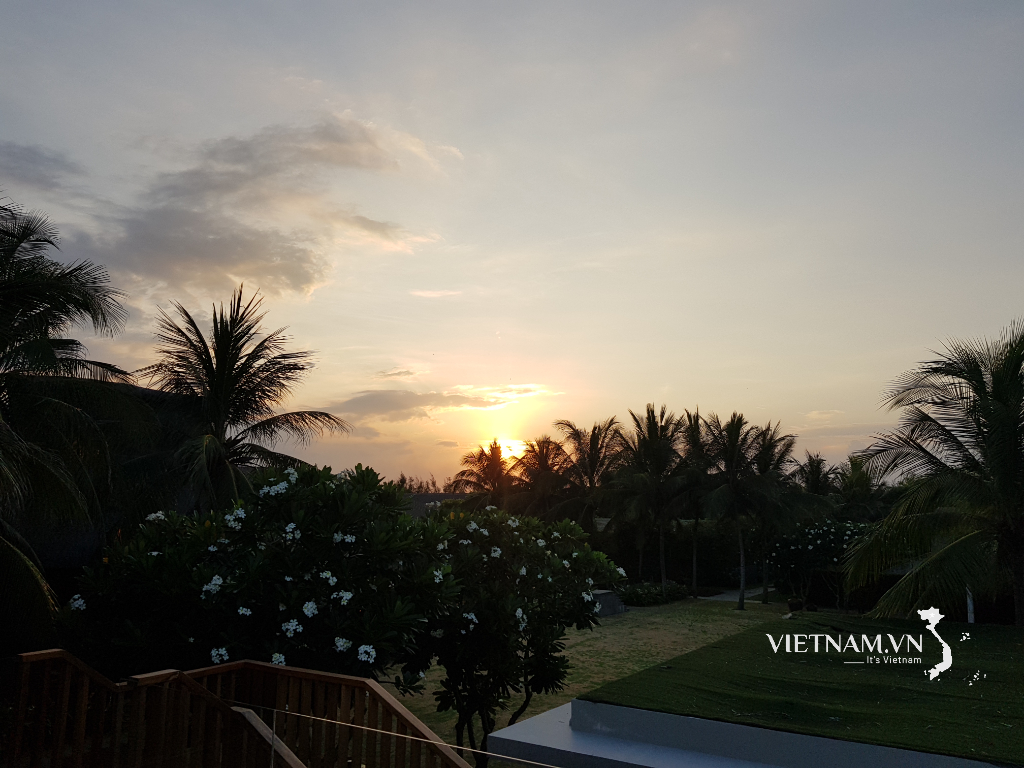


Comment (0)